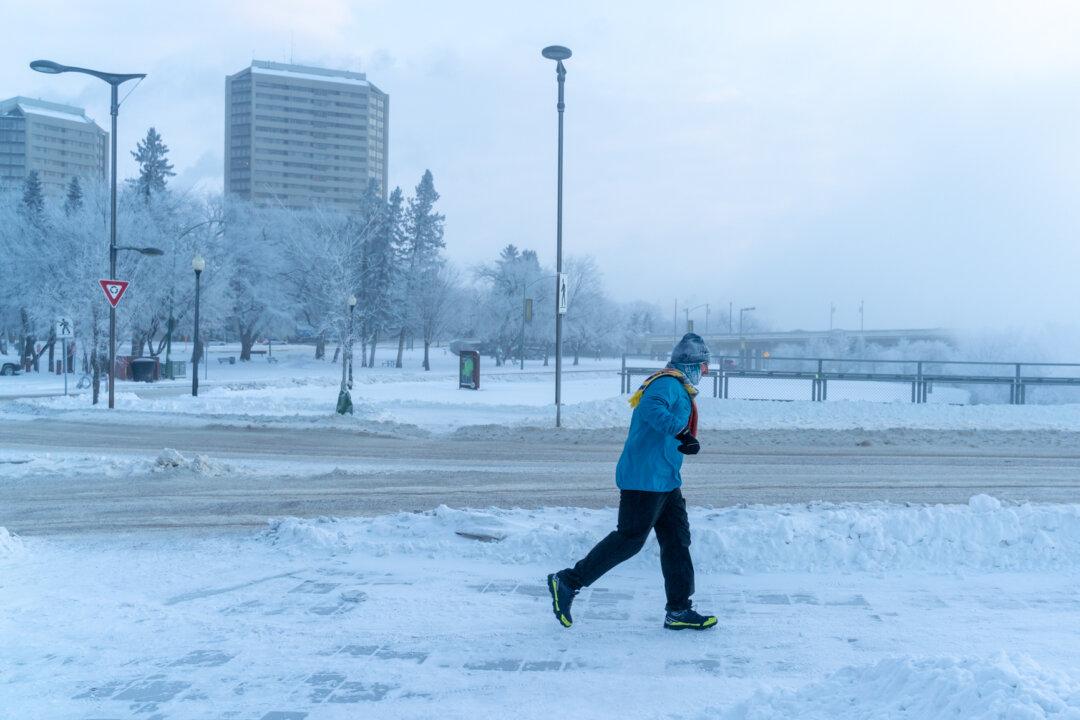Weather warnings are in place throughout Canada this week as a polar vortex brings frigid temperatures to the West and blustering winds and blowing snow to the Atlantic provinces.
But it’s Ontario and Quebec that meteorologists are keeping their eyes on with The Weather Network predicting “a massive and powerful winter storm” for both provinces this weekend with conditions favourable for a weather bomb, an “explosive” storm that can create “ferocious conditions.”





